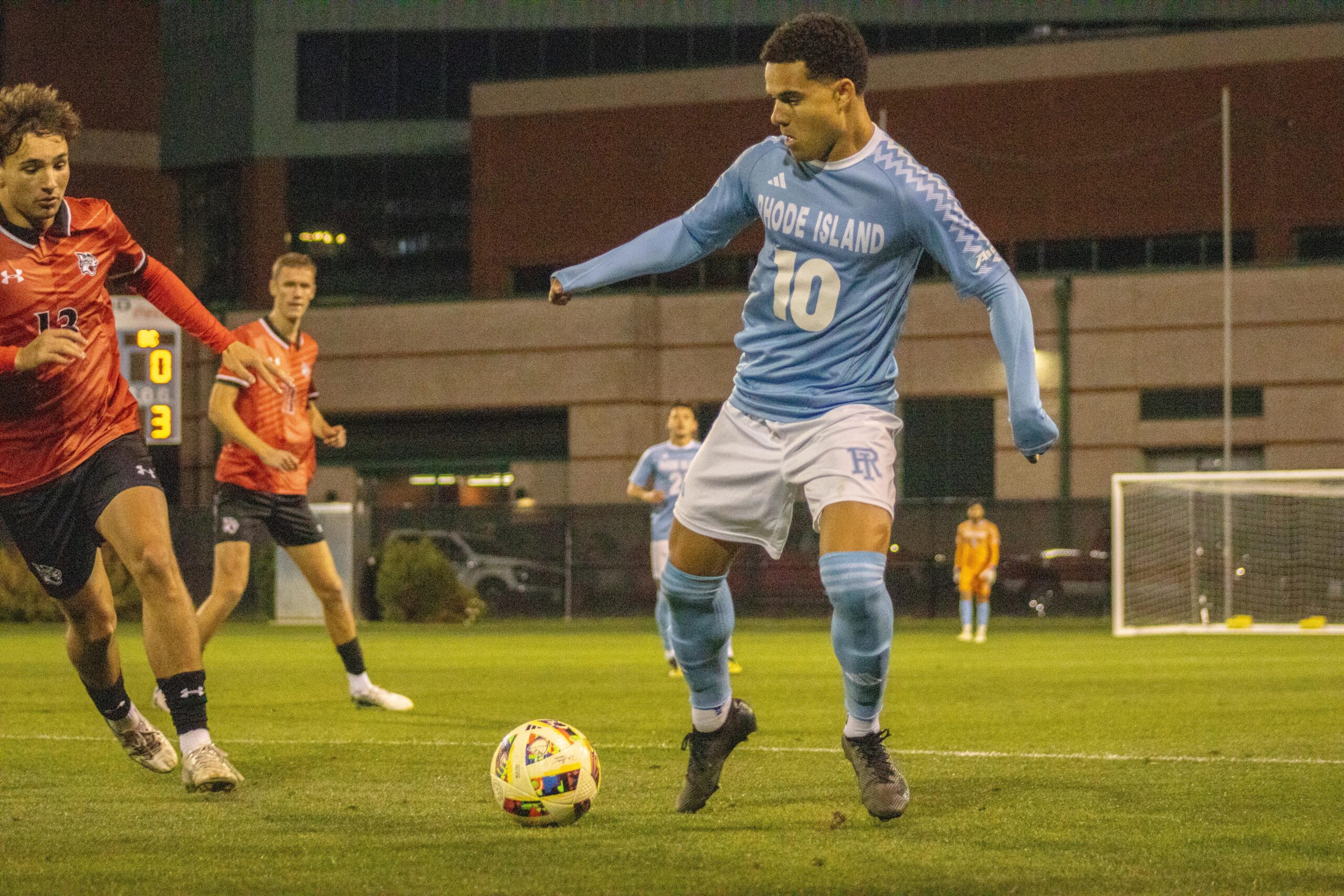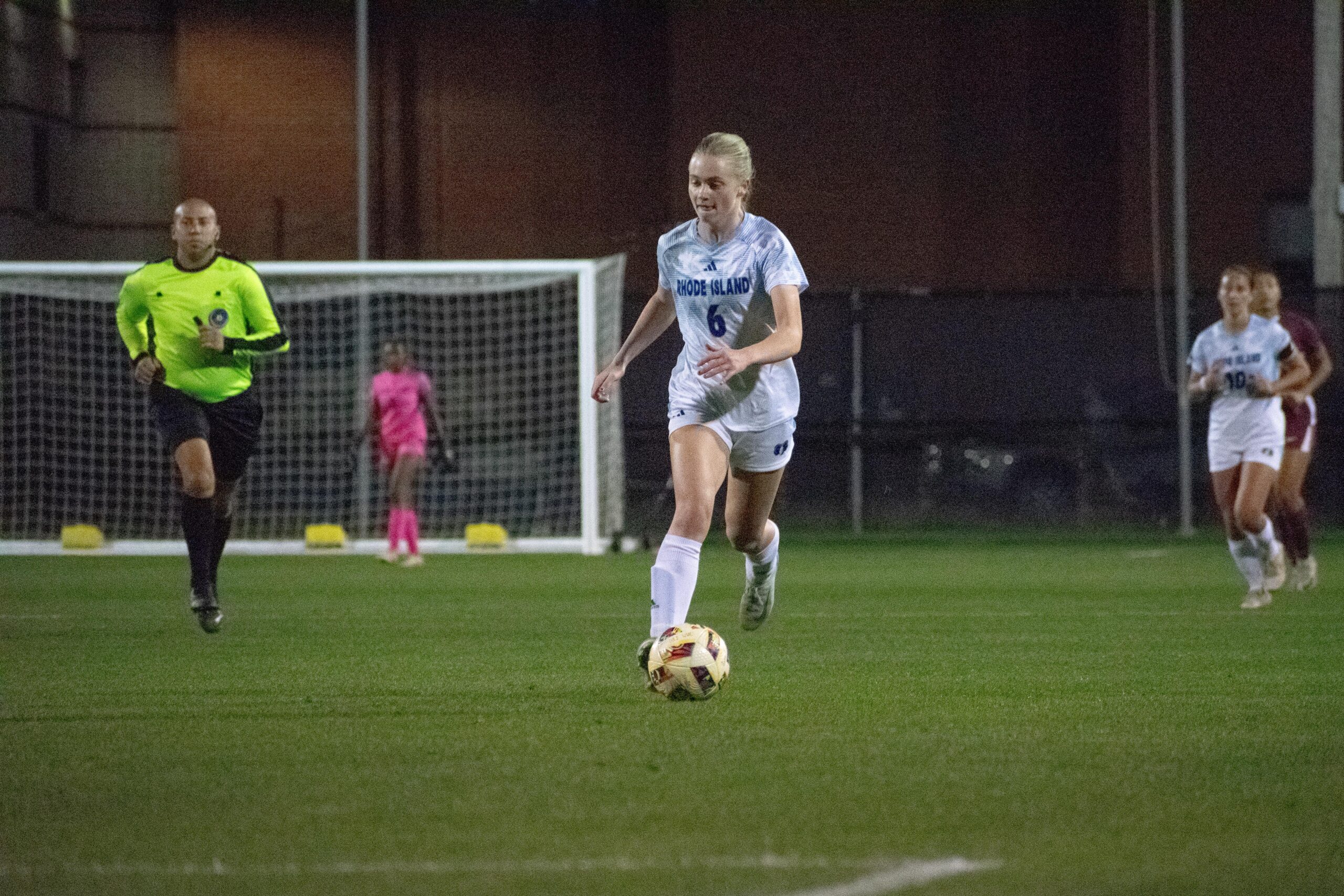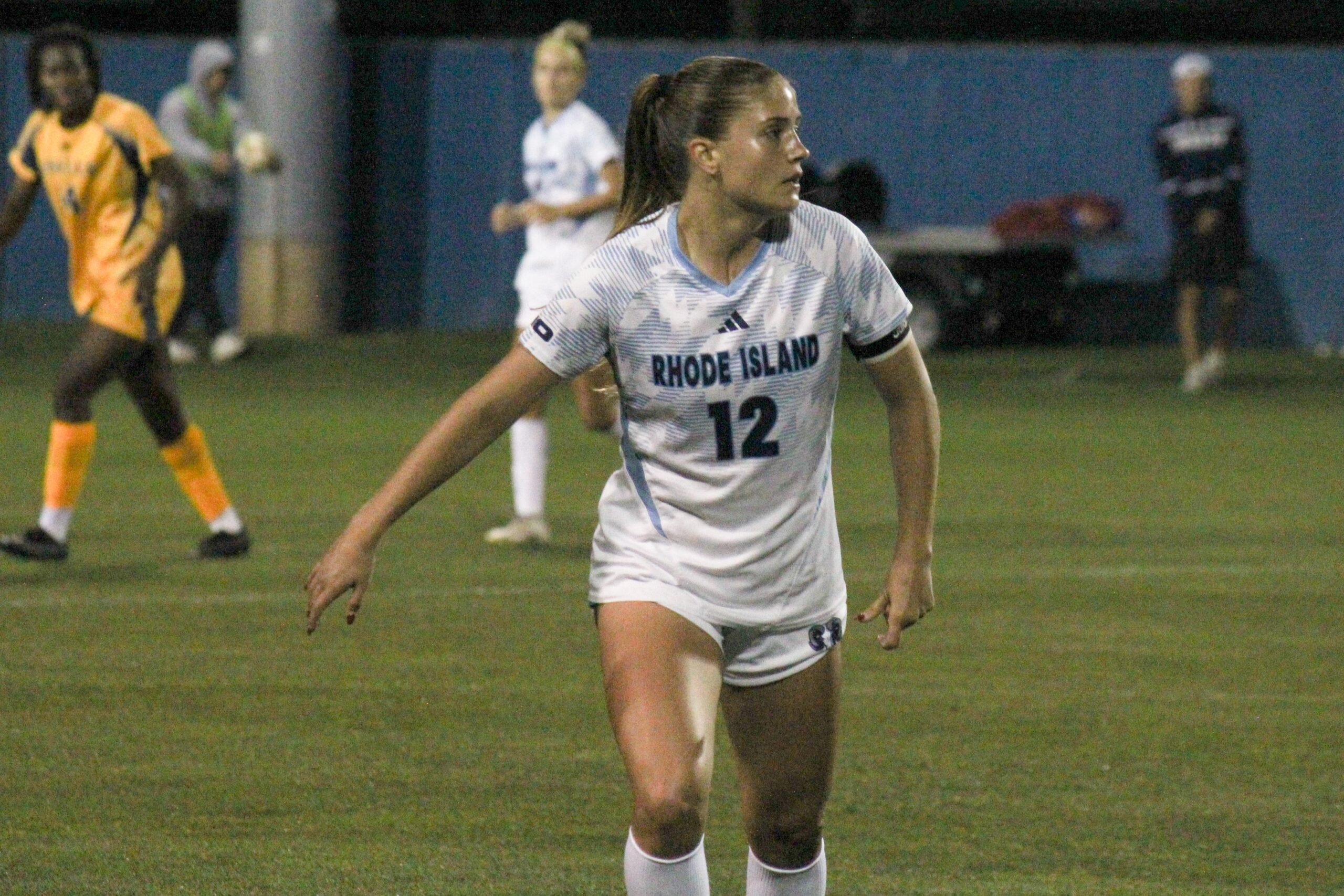Team’s loss to Netherlands exposes tactical shortcomings
American players applaud their supporters after the loss. PHOTO CREDIT: NBC.com
The U.S. Men’s National Soccer Team saw their World Cup campaign come to an end on Saturday with a 3-1 loss to the Netherlands at Khalifa International Stadium in Al Rayyan, Qatar.
Overall, it was a very positive showing at the 2022 World Cup for a U.S. team that failed to qualify for the 2018 installment of the tournament. The U.S. came out strong in their opening game against Wales, playing some of their best soccer in recent years. Tim Weah found the back of the net late in the first half to cap off a dominant opening 45 minutes, but they couldn’t hold on as Gareth Bale’s second half penalty forced the U.S. to settle for the 1-1 draw.
Next up for the U.S. was England. Through 90 minutes, the Americans went toe-to-toe with one of the world’s best, fighting to a scoreless draw in what felt like a victory for the US. On and off the ball, they outplayed England in the midfield and created the better chances, showing they weren’t content to sit back and defend for 90 minutes.
The two draws set up a win-or-go-home situation for the Americans in their final Group B matchup vs. Iran, and when they needed it, Christian Pulisic delivered. His goal in the 35th minute came at a cost, as a collision with Iran’s goalkeeper saw him watch the rest of the game in the hospital with a pelvic contusion. The first-half goal was just enough to see out a vital win for the U.S., who survived some nervy moments in second-half stoppage time to earn their spot in the round of 16.
It was here where they met the Netherlands, looking for their first quarterfinal appearance since 2002. On the night, the U.S. were outclassed tactically. A well-drilled and experienced Dutch side made the U.S. pay for missed chances, putting away two goals in the first half and not looking back from there. Haji Wright pulled one back late in the game for the Americans, but the Dutch quickly responded to kill the game off at 3-1.
What exactly do we make of this World Cup? While it is certainly disappointing to go out in the fashion that they did, this tournament run showed U.S. two things: This team has incredible potential, but tactical shortcomings and inexperience ultimately cost them their hopes of progressing any further.
For the U.S., two areas of the lineup must improve before 2026, when the U.S. will co-host the World Cup. First, they need to focus on finding a striker who can consistently put away goals for them. This was a concern going into the World Cup, and continued to be a concern as the Americans only scored three goals across four games, despite putting more crosses into the box than any other team through the opening four matches.
The U.S. impressed with their buildup play and chance creation, only to fail time after time to execute in front of goal. With multiple clear chances against both Wales and England to win the game, they were unable to find the back of the net on multiple occasions. This can prove costly when you play an opponent who can finish the ball, and this is exactly what we saw against the Netherlands. Christian Pulisic had an open chance two minutes into the game to score and missed it, only for the Netherlands to take the lead seven minutes later and never look back.
The other key issue for the U.S. is the defensive depth. The U.S. will almost certainly be without 35-year-old Tim Ream in 2026, who was one of the team’s most consistent defenders.
Without Ream, a defensive line that is already struggling will need reinforcements, especially if the U.S. hopes to compete against elite competition. Goalkeeper Matt Turner was one of the standout players in the tournament, making several key saves to keep his team in games.
Despite their defensive struggles, the U.S. had one of the youngest teams in the tournament with an average age of 25 years, and their midfield was the highlight of the run. Captain Tyler Adams ran the most of any player in the group stage, with several of the U.S. midfielders receiving European club interest following the tournament.
While we saw glimpses of just how good this team could be over the last few weeks, the inability to make it farther with the incredible amount of talent in this team has called into question head coach Greg Berhalter’s tactical decisions. The Netherlands game was a perfect example of this, with experienced Dutch head coach Louis Van Gall stating that the U.S. were not able to adjust to the tactical changes of the Netherlands.
Controversial decisions included electing to play MLS veteran Jordan Morris over Gio Reyna, who is arguably one of the team’s brightest young talents, when the team needed a winning goal vs. Wales. Reyna featured in just seven minutes during the group stage and did not start once. Additionally, while the U.S. were in desperate need of a goalscorer this tournament, Berhalter controversially did not call up players like Jordan Pefok or Ricardo Pepi at all, who scored three goals in qualifying and was a huge part of the reason the U.S. qualified for Qatar 2022 in the first place.
It is clear that this U.S. team is one of the most talented in American history, but the team ultimately lacks the tactical leadership and experience necessary to make it to the next level. Through all of the mixed emotions, one thing is clear: The U.S. have the potential to make a deep run in 2026 on home turf, and fans have every reason to be excited about what the near future holds for this team.





